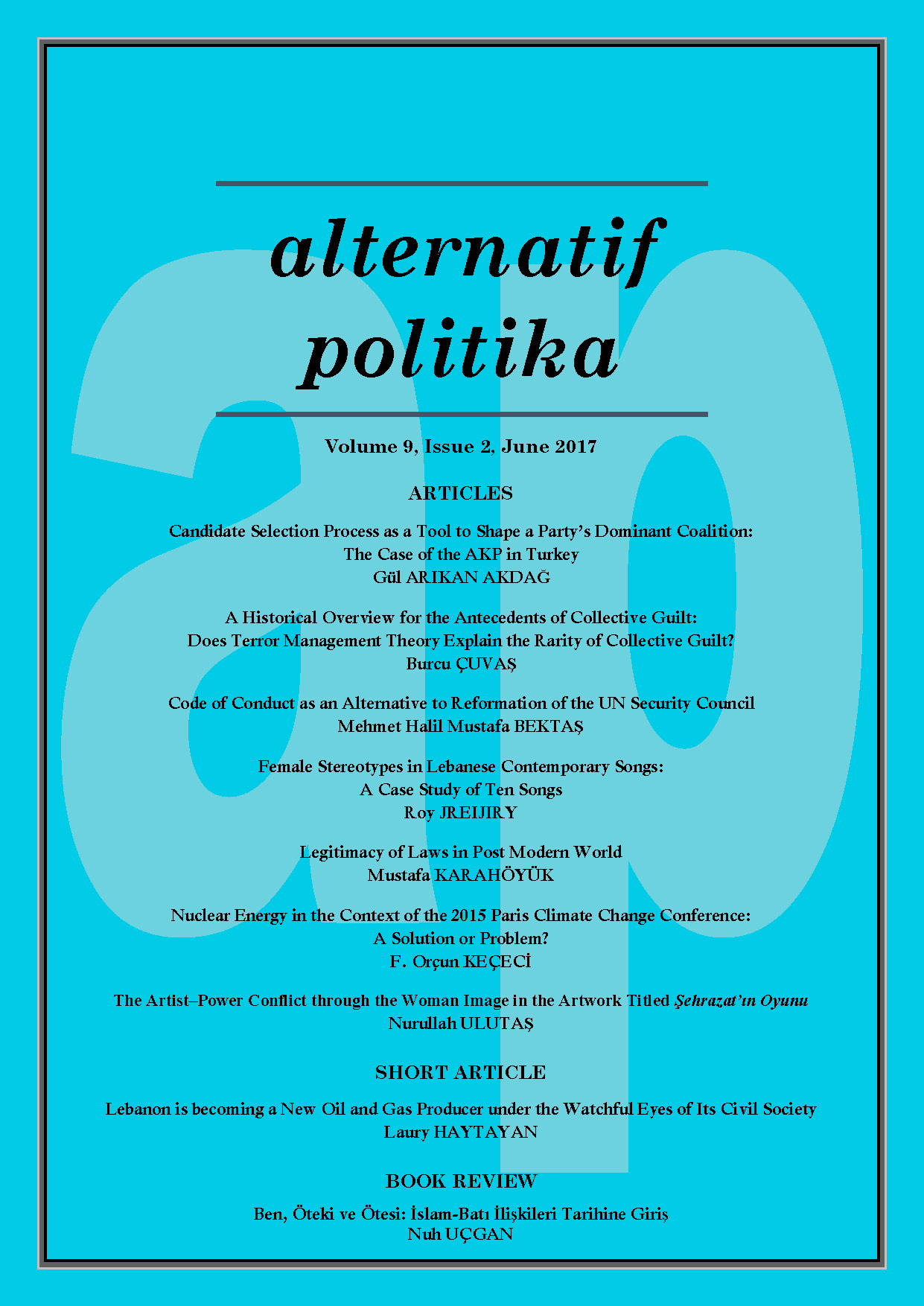MODERN ÖTESİ DÜNYADA YASALARIN MEŞRUİYETİ
LEGITIMACY OF LAWS IN POST MODERN WORLD
Author(s): Mustafa KarahöyükSubject(s): Politics / Political Sciences, Constitutional Law, Political Sciences
Published by: Rasim Özgür DÖNMEZ
Keywords: Constitutionalism; Carl Schmitt; Decisionism; Liberalism; Normativism;
Summary/Abstract: The processes, tools and concepts of political liberalism have become the fundamental factors in executing the domestic politics of countries since the dominance of neo-liberal policies in the world politics after the Cold War. The legitimacy of the laws has been ensured for about two centuries through constitutional and normative sense of law, which is brought by liberalism, and constitutional administration based on the rights and freedoms of the people. Although liberalism continues on its way from economics after the 2000s, liberal politics have been interrupted in various countries in the context of constitutionalism. The right-wing, authoritarian, and populist leaders in power tend to push the boundaries of absolute bindingness of norms and are inclined to the behaviors that can be explained by the paradigm of decisionism. It is argued in this study that the liberal constitutional aspects of the legitimacy of laws have been distressed. This “epistemological break” substitutes decisionist ones for liberal values. This argument has been discussed through the dilemma of constitutionalism and decisionism paradigms. While the constitutionalism paradigm was discussed over many liberal thinkers, Carl Schmitt’s views were focused on for decisionism paradigm. The reason why he is the most widely known theorist in the context of the decisionist paradigm, Schmitt has a very large footprint in the decisionist literature, and Schmitt frequently has addressed it in his works.
Journal: Alternatif Politika
- Issue Year: 9/2017
- Issue No: 2
- Page Range: 228-249
- Page Count: 22
- Language: Turkish

